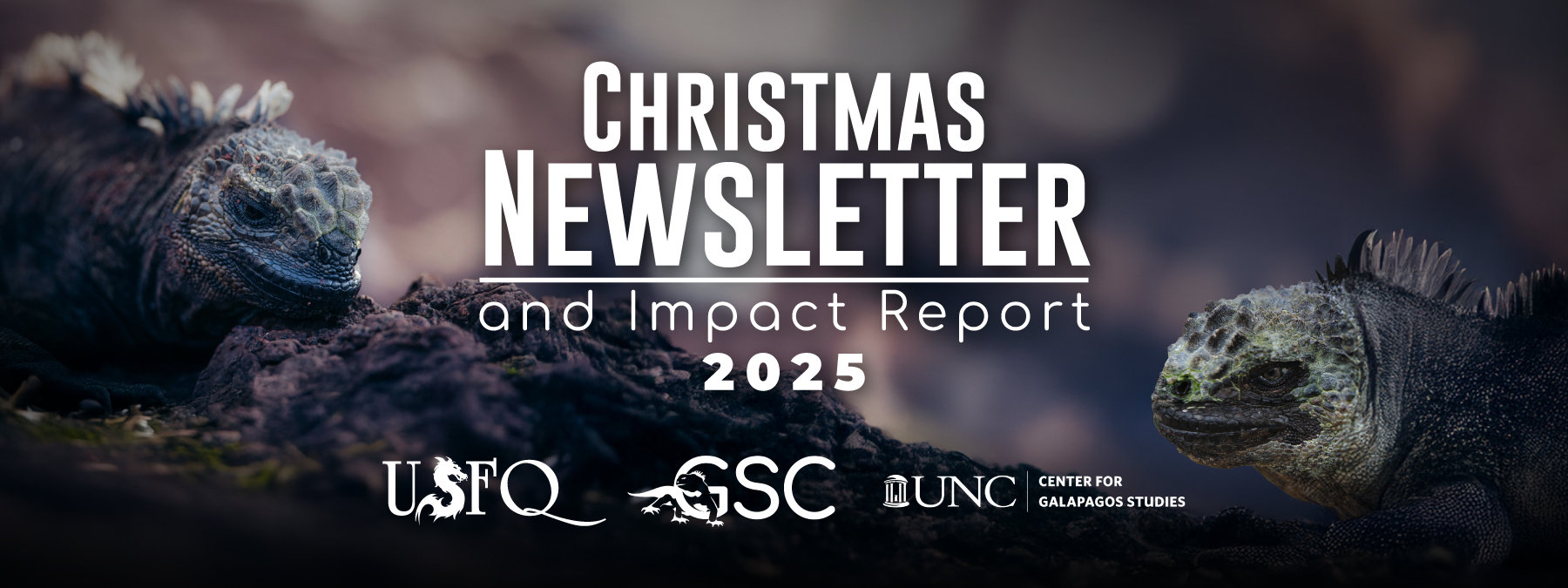This article explores the fundamental role that small and medium-sized enterprises (SMEs) play in environmental conservation in the Galapagos Islands, a UNESCO World Heritage site. Based on interviews with local entrepreneurs, the study analyzes how these SMEs navigate the complex tensions between economic growth and the responsibility of preserving a fragile and unique ecosystem. From restaurants and tour operators to small hotels and artisan shops, local businesses are actively implementing sustainable practices, aware of the impact tourism has on the archipelago.
The research highlights that, although SMEs represent a significant portion of the tourism sector on the islands, they often have limited resources to adopt advanced environmental practices. Nevertheless, many have managed to reduce their ecological footprint through strategies such as using local products, waste sorting, and implementing water-saving systems. This commitment by owners and managers reflects a growing awareness of the urgency to preserve the natural environment that sustains their businesses and the local community.
One of the main challenges identified in the study is the infrastructure overload caused by the continuous increase in visitors. The influx of tourists has generated growing demand for basic services, but the islands’ sewage and waste management capacities are increasingly overwhelmed. Business owners agree that it is necessary to regulate the number of visitors and promote responsible tourism that does not compromise natural resources or the quality of life of residents.
Environmental education also emerges as a key component in conservation efforts. SMEs have begun to involve tourists in conservation activities, such as collecting plastic waste in snorkeling areas, and some even promote environmental awareness among locals by offering them tourism experiences that help them understand the importance of protecting their surroundings. These initiatives aim to raise awareness among visitors and empower residents as stewards of their own ecosystem.
In conclusion, the study underscores the importance of collaboration among businesses, government, and community to protect the natural heritage of the Galapagos. Strengthening sustainability policies and allowing local communities greater autonomy to implement measures tailored to their environmental reality are recommended. Galapagos SMEs demonstrate that it is possible to foster a sustainable tourism model that prioritizes the balance between economic development and environmental conservation for future generations.
Learn more in the following link:






